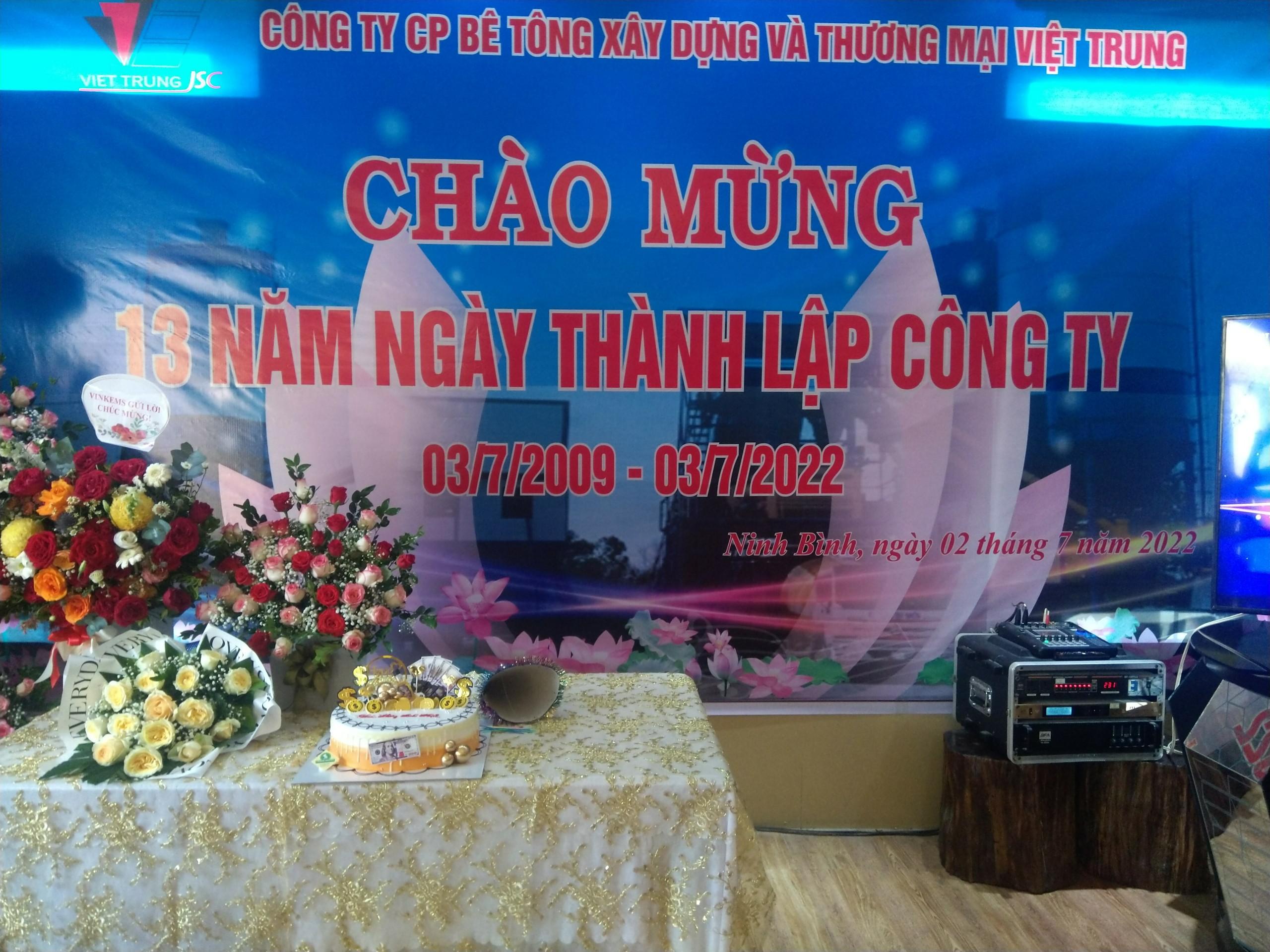Beyond the Headlines Ghanas unfolding stories & the latest news delivered directly to you.
- Beyond the Headlines: Ghanas unfolding stories & the latest news delivered directly to you.
- The Evolution of Ghanaian Media
- Political Reporting and the Media
- Challenges to Investigative Journalism
- The Impact of Social Media on Information Consumption
- Combating Misinformation and Fake News
- The Future of Ghana’s Media Landscape
Beyond the Headlines: Ghanas unfolding stories & the latest news delivered directly to you.
In the dynamic landscape of information dissemination, staying informed about current events is more crucial than ever. The accessibility of information has drastically increased, with a multitude of platforms competing for attention. While traditional media outlets remain vital, the rise of digital platforms and social media has significantly altered how people consume news and engage with the world around them. This shift presents both opportunities and challenges, demanding critical thinking skills to navigate the complexities of the information age. Understanding the nuances of how information travels and shapes public opinion is paramount in today’s society.
Ghana, a West African nation rich in culture and history, is undergoing significant transformation in its media landscape. From established print and broadcast outlets to emerging online platforms, Ghanaians are accessing information in diverse ways. The country’s vibrant political scene and growing economy fuel a constant stream of developments that require diligent reporting and analysis. It’s an environment where staying abreast of the events unfolding is vital for both citizens and those with a vested interest in the region’s stability and progress.
The Evolution of Ghanaian Media
The Ghanaian media landscape has experienced a remarkable evolution over the past few decades. Initially dominated by state-owned media, the industry underwent liberalization in the 1990s, paving the way for a proliferation of private radio and television stations. This shift broadened the spectrum of voices and provided platforms for diverse perspectives. However, the transition also brought challenges, including concerns about media pluralism, professional standards, and the potential for biased reporting. Today, a combination of traditional and new media outlets shapes public discourse, impacting everything from political debates to social trends.
Online journalism and social media have accelerated this transformation, providing an alternative to traditional sources. Blogs, websites, and platforms like Twitter and Facebook have become prominent channels for disseminating information and mobilizing public opinion. This digital revolution has democratized access to information, allowing citizens to participate more actively in the news-making process, but also raises questions regarding the veracity and reliability of the content consumed. There’s a need for continuous development of digital literacy skills to ensure responsible online engagement.
Here’s a breakdown of the key players in the Ghanaian media:
| State-Owned | Ghana Broadcasting Corporation (GBC) | Nationwide, but declining influence |
| Private Radio | Peace FM, Joy FM, Citi FM | High, particularly in urban areas |
| Private Television | UTV, TV3, Adom TV | Significant, particularly with entertainment programming |
| Online News Portals | Myjoyonline.com, Graphic Online, Ghanaweb | Growing, particularly among younger audiences |
Political Reporting and the Media
Political reporting occupies a significant portion of the Ghanaian media landscape. Given the country’s vibrant and often contentious political environment, media outlets play a crucial role in shaping public perception of candidates, policies, and events. The coverage often focuses on political rallies, debates, and policy announcements, requiring journalists to provide balanced and in-depth analysis. However, concerns about media bias and sensationalism are persistent, creating a need for greater journalistic integrity and ethical standards.
The relationship between the media and political actors can be complex, with instances of both collaboration and conflict. The press often serves as a watchdog, holding those in power accountable. However, access to information and potential pressure from political sources can influence reporting. Transparent media ownership and independent editorial policies are vital for maintaining public trust and ensuring free and fair reporting. A responsible press is necessary for sustainable democratic practices.
Here are some factors affecting political reporting in Ghana:
- Political Polarization: Deep divisions often reflected in media coverage.
- Media Ownership: Concentration of ownership can lead to bias.
- Journalistic Capacity: Need for more training and resources for journalists.
- Regulatory Framework: Balancing freedom of expression with responsible reporting.
Challenges to Investigative Journalism
Investigative journalism plays a vital role in uncovering corruption, abuse of power, and other societal ills. However, in Ghana, investigative journalists face numerous challenges, including limited resources, legal obstacles, and personal safety concerns. Conducting in-depth investigations requires significant time, funding, and expertise, which are often lacking. Furthermore, journalists who expose sensitive issues may face intimidation, harassment, or even physical attacks. Strengthening legal protections for journalists and fostering a culture of investigative journalism are crucial for promoting transparency and accountability.
Despite these obstacles, courageous journalists continue to pursue impactful investigative stories, shedding light on critical issues affecting the nation. These investigations have led to positive changes, such as prompting government inquiries and raising public awareness. Supporting these journalists through funding, training, and legal assistance can further bolster their efforts and strengthen the role of the media in promoting good governance. The strength of a society is directly related to the ability of its press to hold the powerful accountable.
The Impact of Social Media on Information Consumption
Social media has fundamentally altered the way Ghanaians access and consume information. Platforms like Facebook, Twitter, Instagram, and WhatsApp have become primary sources of news for a growing number of citizens, particularly among younger demographics. This shift presents both benefits and drawbacks. Social media facilitates rapid dissemination of information, breaking down geographical barriers and enabling citizen journalism. However, the unfiltered nature of these platforms also raises concerns about the spread of misinformation, fake news, and hate speech.
The echo chamber effect, where individuals are exposed only to information confirming their existing beliefs, can exacerbate polarization and hinder constructive dialogue. Furthermore, the reliance on social media as a primary source of news can undermine the credibility of traditional media outlets. Promoting media literacy and critical thinking skills are essential for navigating the complexities of the social media landscape. Verification of information from multiple reliable sources is also crucial for ensuring informed decision-making.
Combating Misinformation and Fake News
The proliferation of misinformation and fake news poses a significant threat to public trust and social cohesion. This issue requires a multi-faceted approach involving media organizations, social media platforms, government agencies, and civil society organizations. Fact-checking initiatives are essential for debunking false claims and providing accurate information. Media literacy programs can empower citizens to critically evaluate information and identify misinformation. Furthermore, social media platforms have a responsibility to address the spread of fake news on their platforms, through measures like content moderation and algorithm adjustments.
Collaboration between these stakeholders is key to developing effective strategies for combating misinformation and protecting the public from its harmful effects. Promoting transparency in online advertising and holding purveyors of fake news accountable are also essential steps. The fight against misinformation is an ongoing battle, requiring constant vigilance and innovative solutions.
| Spread of Fake News | Fact-checking, Media Literacy |
| Echo Chambers | Promoting Diverse Sources, Critical Thinking |
| Misinformation on Social Media | Platform Content Moderation, Algorithm Adjustments |
| Lack of Trust in Media | Strengthening Journalistic Integrity, Transparent Reporting |
The Future of Ghana’s Media Landscape
The future of Ghana’s media landscape is likely to be shaped by technological advancements, evolving consumer behavior, and emerging regulatory challenges. The continued growth of the internet and mobile technology is expected to drive further expansion of online and mobile media platforms. Artificial intelligence (AI) and automated journalism are also poised to play an increasingly important role, potentially transforming the way news is produced and delivered. However, the integration of these technologies raises ethical considerations, such as the potential for bias in algorithms and the displacement of journalists.
Ensuring media pluralism, fostering journalistic independence, and promoting responsible reporting are critical for maintaining a healthy and vibrant media ecosystem. Investing in media development initiatives, supporting independent journalism, and strengthening regulatory frameworks are essential for building a more resilient and accountable media landscape. The media’s capacity to adapt to the coming changes will dictate its position in the future, and its impact on the lives of citizens.
- Strengthening Media Literacy Programs.
- Supporting Independent Journalism Initiatives.
- Promoting Regulatory Reforms.
- Investing in Media Technology and Innovation.

